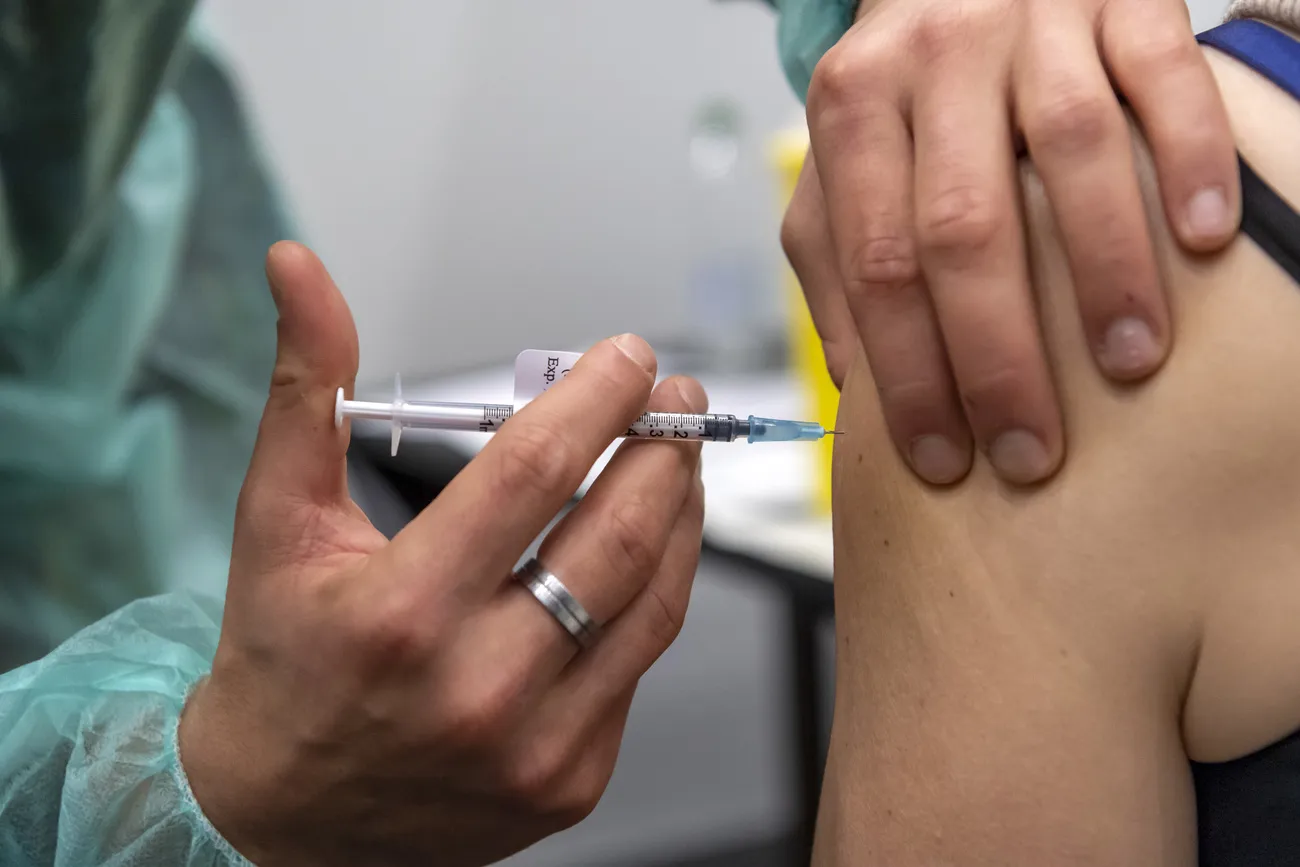khakisofirvington.com – In recent years, Switzerland has seen a significant rise in anti-vaccine sentiment, mirroring global trends. This movement, which emphasizes individual freedom and bodily integrity, has gained momentum, leading to the ‘Freedom and Bodily Integrity’ initiative. This initiative aims to challenge the mandatory vaccination policies and promote a more individualistic approach to healthcare decisions.
The ‘Freedom and Bodily Integrity’ Initiative
The core of the ‘Freedom and Bodily Integrity’ initiative is the belief that individuals should have the right to decide whether or not to vaccinate themselves or their children. Proponents of the initiative argue that mandatory vaccination policies infringe upon personal freedoms and autonomy over one’s body. The initiative was launched in 2023 and quickly gained support from various anti-vaccine groups and individuals across the country.
Public and Political Response
The ‘Freedom and Bodily Integrity’ initiative has sparked intense debate within Swiss society. While supporters argue that it upholds fundamental rights, critics warn that it could lead to a resurgence of preventable diseases. The Swiss government and health authorities have expressed concerns about the potential impact on public health, emphasizing the importance of high vaccination rates in preventing outbreaks.
The Role of Misinformation
One of the key factors fueling the anti-vaccine movement in Switzerland, as elsewhere, is the spread of misinformation. Social media and other online platforms have become breeding grounds for false claims about vaccines, their safety, and their effectiveness. Efforts to combat this misinformation have been ongoing, with health authorities and fact-checking organizations working to provide accurate information to the public.
The Future of Vaccination Policy in Switzerland
As the ‘Freedom and Bodily Integrity’ initiative continues to gather support, the Swiss government faces a delicate balancing act. On one hand, there is a need to respect individual freedoms and rights; on the other, there is a responsibility to protect public health. The outcome of this debate will have significant implications for Switzerland’s vaccination policies and its ability to prevent disease outbreaks.
Conclusion
The ‘Freedom and Bodily Integrity’ initiative represents a significant challenge to Switzerland’s approach to vaccination. As the country navigates this complex issue, it must consider the importance of both individual rights and public health. The debate over this initiative highlights the broader challenges of managing public health in an era of increasing misinformation and skepticism towards scientific consensus.
